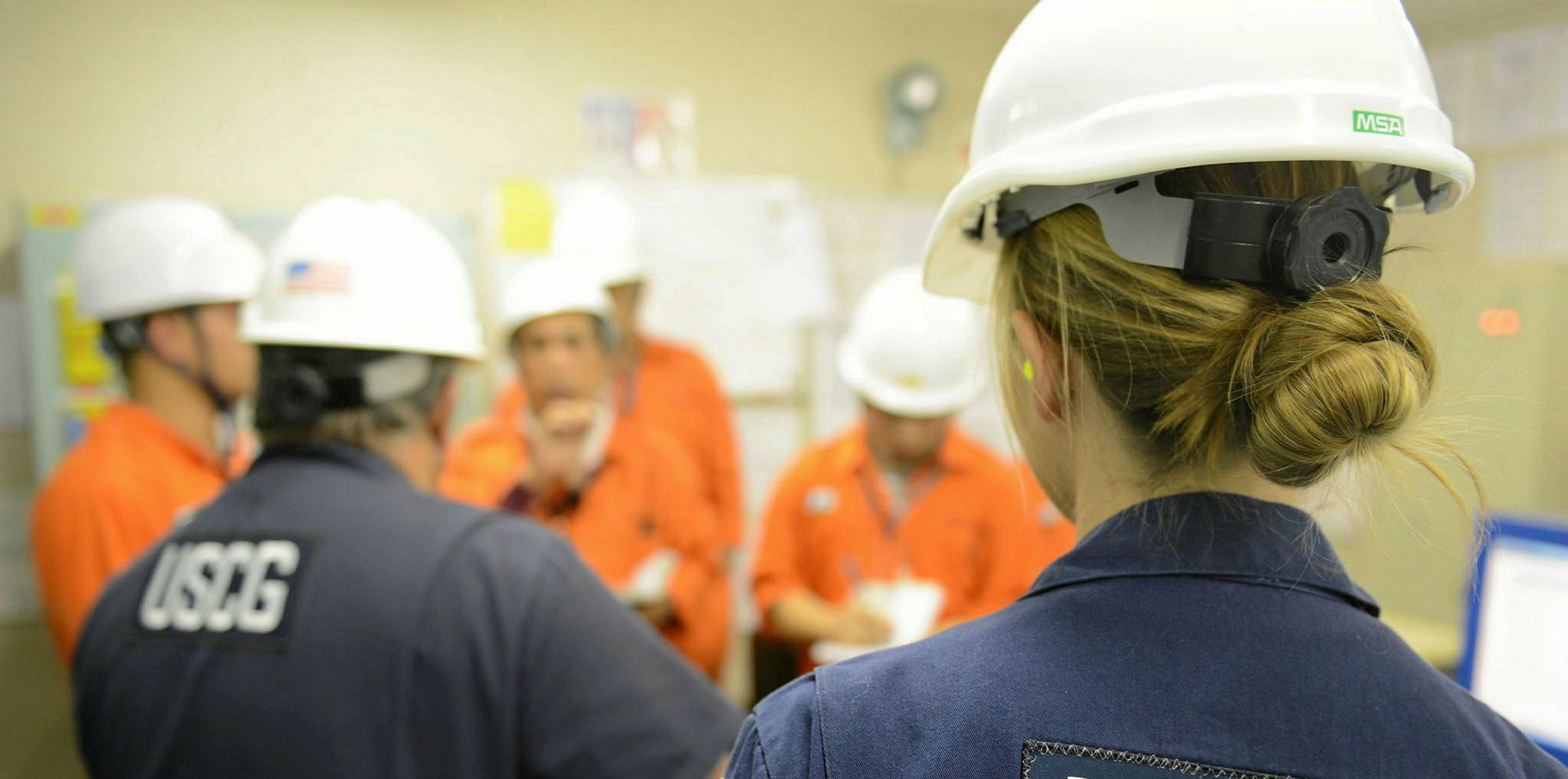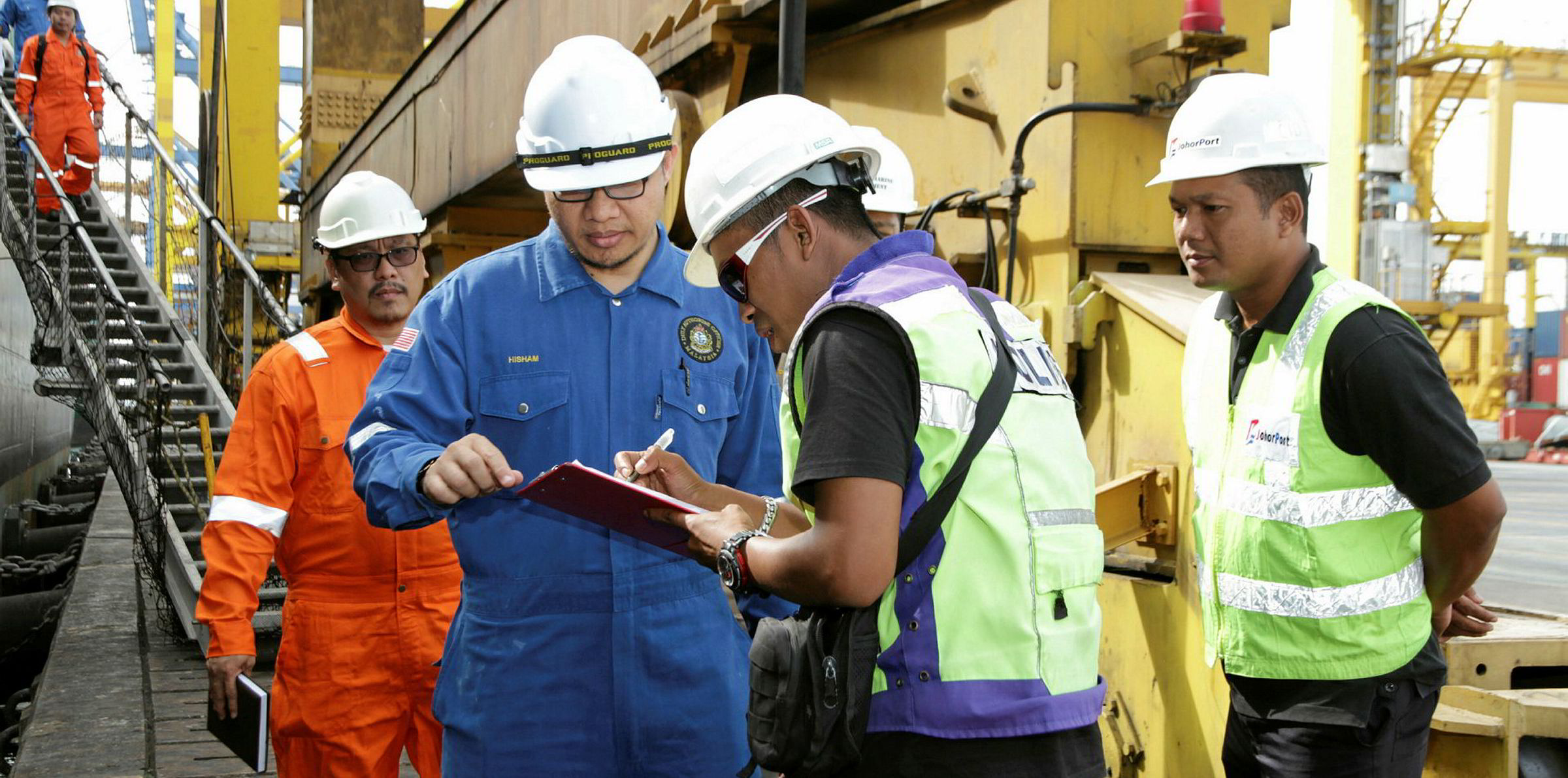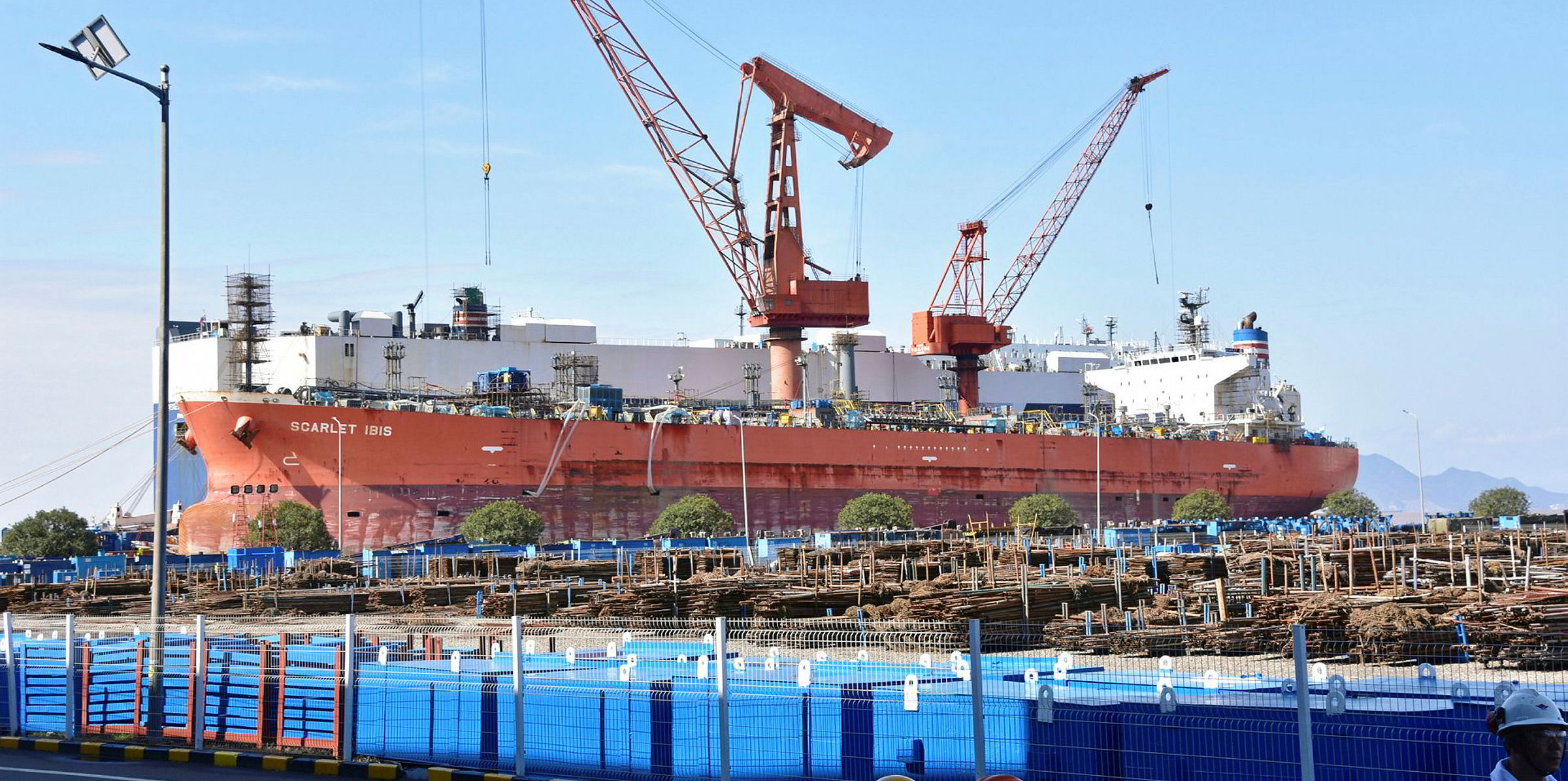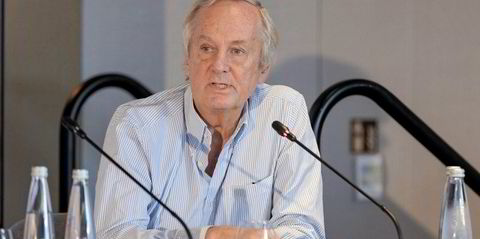The Paris MOU on Port State Control has joined the chorus of maritime organisations calling for a supple application of IMO rules amid the coronavirus pandemic.
The Hague-based treaty organisation said on Thursday it issued a new guidance to its members, which “recognises that there is a need to apply flexibility under these special circumstances”.
Tokyo moves first
The Tokyo MOU, which coordinates port state control authorities in Asia, issued similar guidelines as early as on 12 March.
The Paris MOU said at the time it did not see the need for such a step, arguing that flag states, classification societies and other recognised organisations already had leeway to deal with most circumstances the industry is facing.
Today’s statement doesn’t change much to this fundamental position but rather adds emphasis to it after the situation worsened, Paris MOU secretary general Luc Smulders told TradeWinds on Thursday.
“The guidelines are further explaining that the current conventions already provide for some flexibility,” Smulders said. “With this guidance, we explain better the situation to port-state control officers. We also inform the shipping industry that they should take their own responsibility as well.”
Smulders said there's a major role for flag states. As long as other stakeholders show responsibility, the Paris MOU will be pragmatic, he explained.
The Paris MOU did not publish the detailed guidelines that it sent to its members. According to a press release, they deal with delays in inspections, surveys and audits, with the validity of certificates for ships and personnel, as well as with extended periods of service on board.
'Pragmatic approach'
“A pragmatic approach regarding the mentioned issues is suggested to be taken on a case-by-case basis, for periods up to maximum three months,” the statement said.
With active involvement of flag states and in some cases private sector inspection organisations, “this would include evidence that the ship has a plan that covers how the ship will be brought back in compliance with the requirements,” the Paris MOU added.
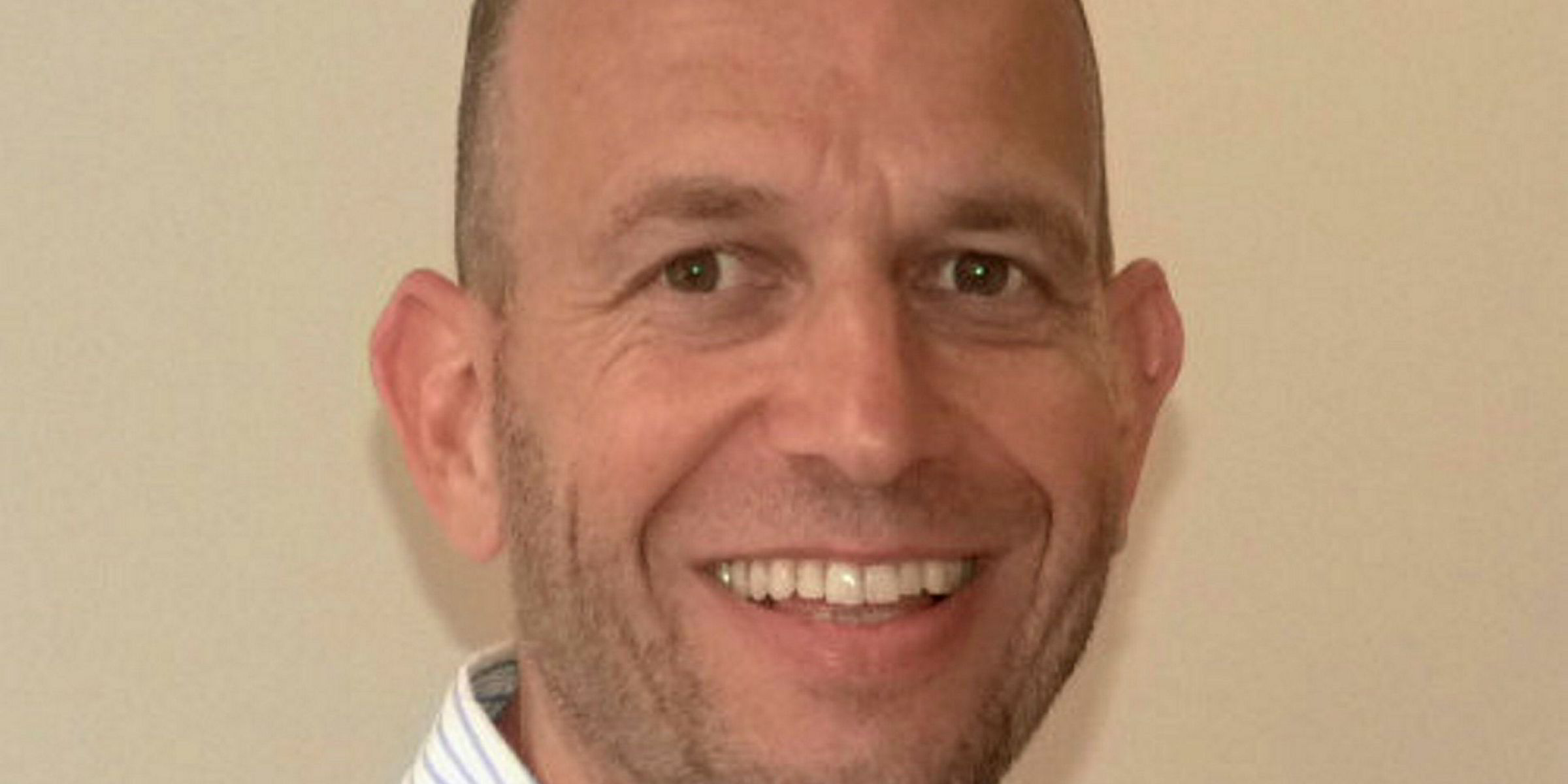
Whether an inspection takes place remains the decision of the port state. “A vessel can be considered self-isolating only if there are no ship-shore interfaces,” the group said.
The guidance is temporary and can be reviewed.
Several organisations have made similar calls for pragmatism and coordination in recent days. They include the International Maritime Organization and the International Chamber of Shipping (ICS). Classification societies are making increasing use of technology to cope, including carrying out surveys with drones.
Shipping professionals, however, said they have seen little progress in practice, as national governments take increasingly and, in their eyes, needlessly drastic steps to protect their populations from Covid-19.
'Huge problems'
"There are huge problems," said Theodore Veniamis, president of the Union of Greek Shipowners, on Greek state television on 22 March.
"Ports impose restrictions on ships, the Philippines have shut airports and crews can't get out and there are day-to-day problems on what to do when a crew member falls ill on board."
According to one irate chartering manager, some countries even put ships on 14-day quarantines just because they happened to take on fuel at blacklisted countries - even when crews did not come in physical contact with anybody there.
“I’ll tell you what these bright guys at the IMO, the maritime organisations and the shipowners’ unions should do: impose an embargo on countries that take such measures," the senior manager said. "If their cargo doesn't move, that will show them.”
